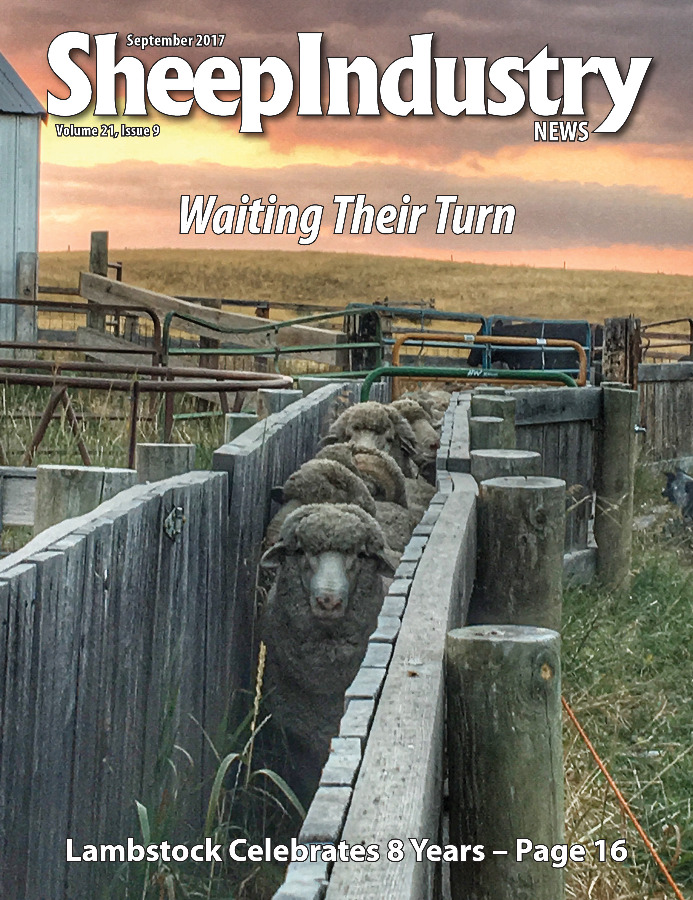The U.S. House of Representatives Judiciary Committee anticipates introduction of the Agricultural Guestworker Act of 2017 this fall. To ensure the sheep industry priorities of the current H-2A sheepherder program are covered, ASI hosted its H-2A Committee in Denver on Aug. 16.
The committee comprised 17 leaders from the directors of Mountain Plains Agricultural Services, the Western Range Association, ASI and representatives of the shearing industry. A number of shearers are brought to the United States annually under the H-2A program, as well, so ASI included their discussion of key provisions to secure in any new labor program.
The legislation, which would focus on agriculture workers, is expected to be the first step in congressional review of immigration reform. The sheep industry believes it critical to set out the best benchmark of key provisions of the current program that it will ask Congress to include. Mobile housing, one-year contracts and monthly wages clearly fit those must haves in any new program to serve the sheep industry.
Other pieces of the rule issued by the department of labor in 2015 would not necessarily be set in statute. The committee reviewed the entire regulation that governs the program for priorities and discussed workable options of new legislation. ASI Executive Director Peter Orwick and ASI’s Washington, D.C., representative, Jim Richards, will compile the committee requests developed from the meeting in order to carry message to Congress.
“The timing is perfect to have the sheep industry message delivered at the front end of this legislative process,” said Orwick. “Set the correct benchmark now, so the key members of Congress know what works for sheep producers and shearing companies.”
Committee chair Steve Raftopoulos of Colorado said, “New legislation would require rulemaking to implement a new program, so the industry goal is to set the key special procedures of the current program in statute. This would eliminate any battle over regulations, such as the one we encountered in 2015.”




